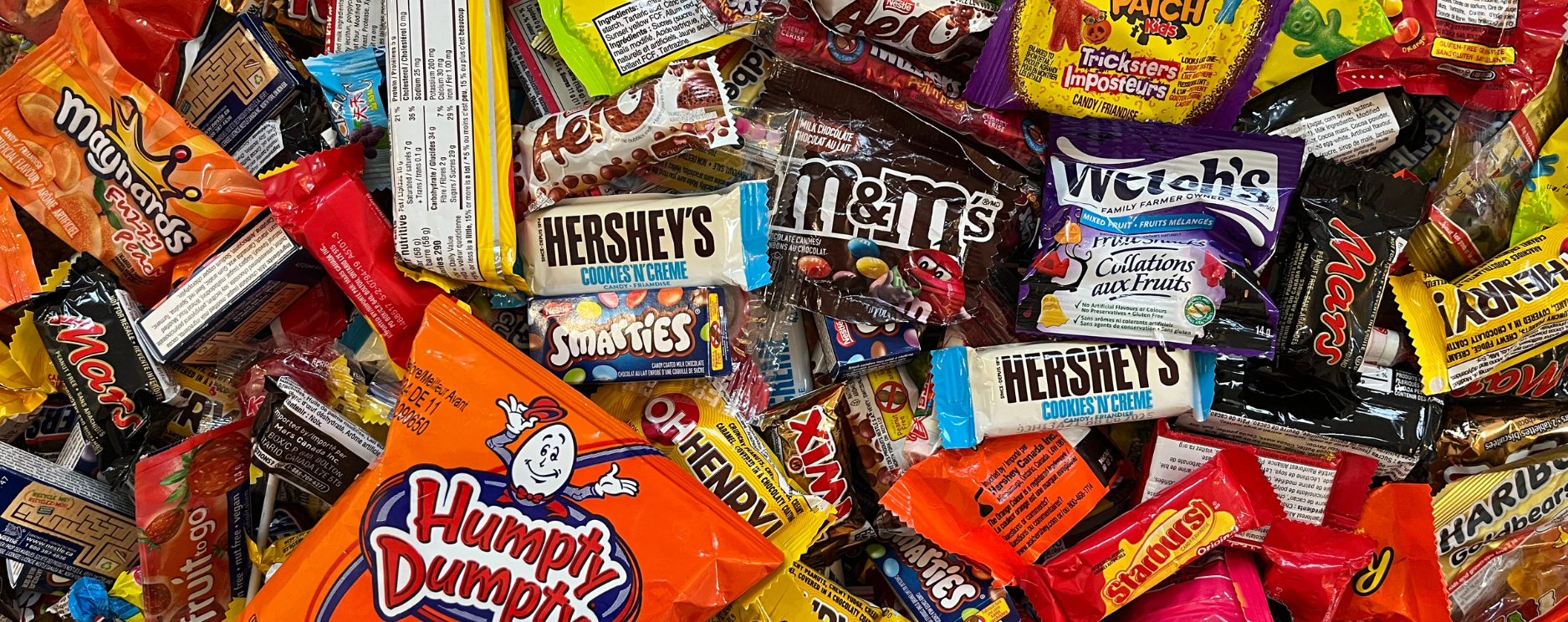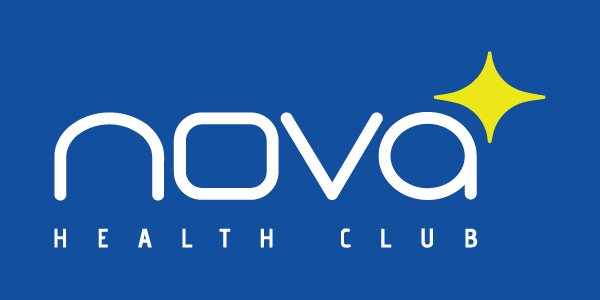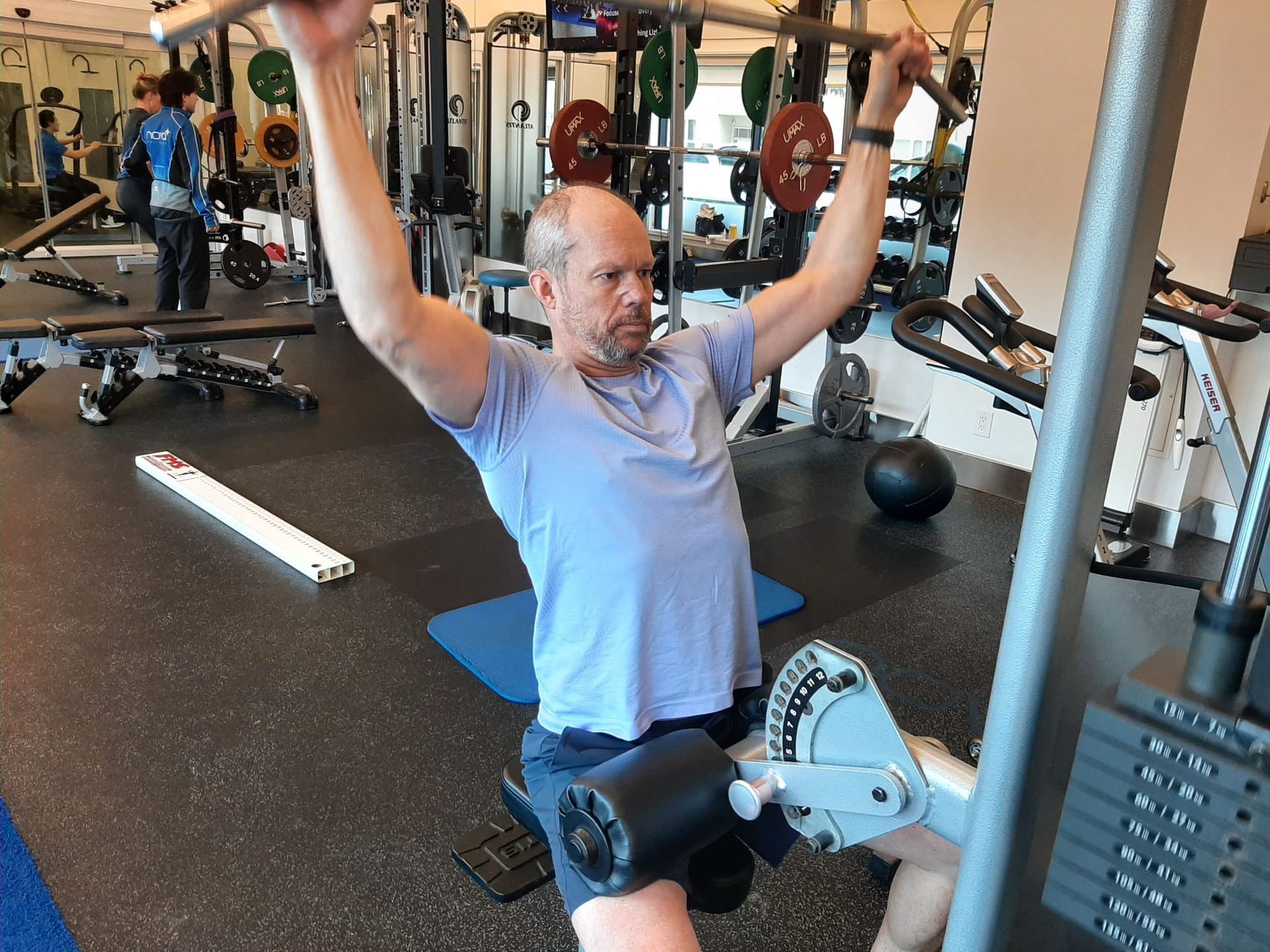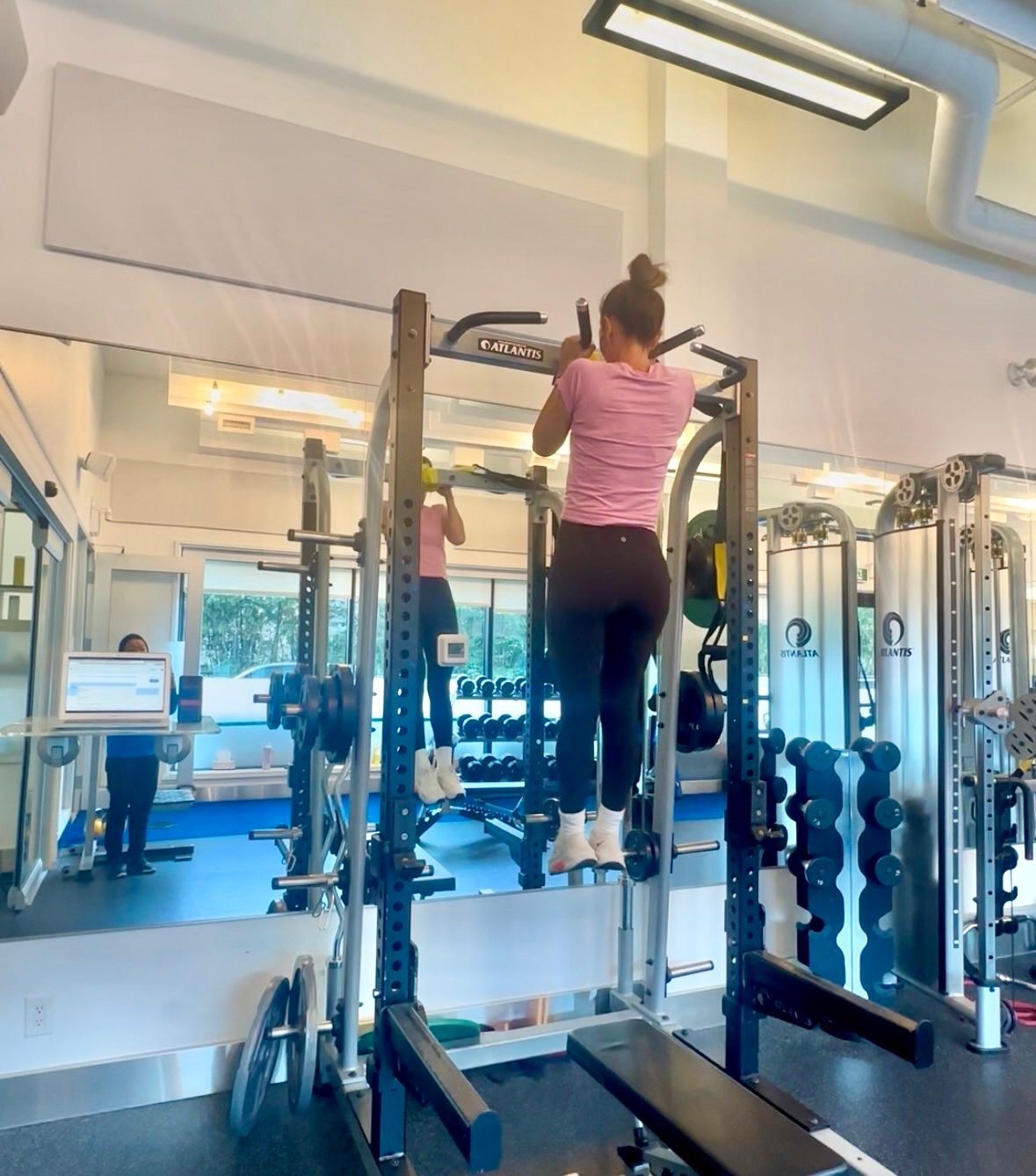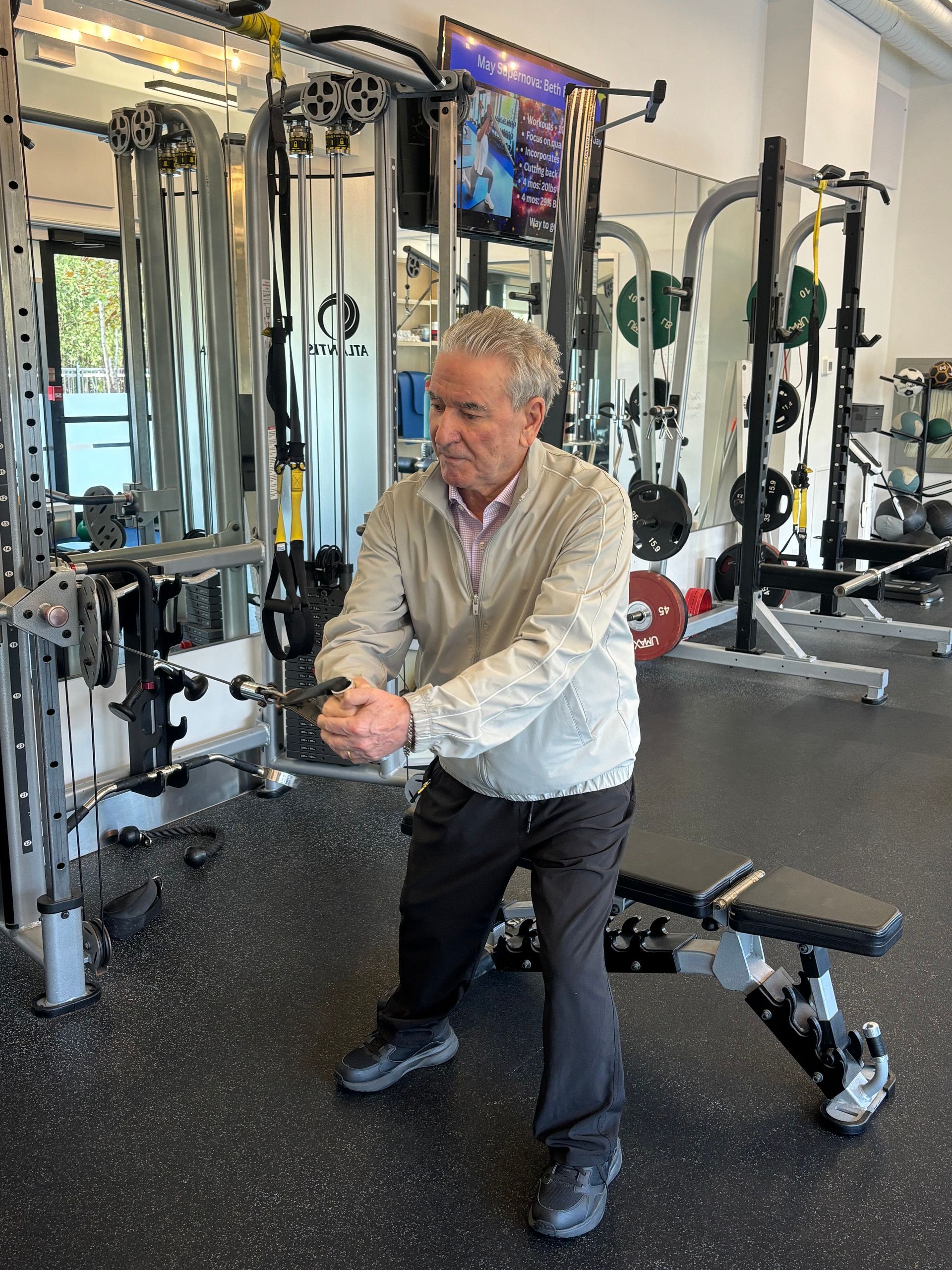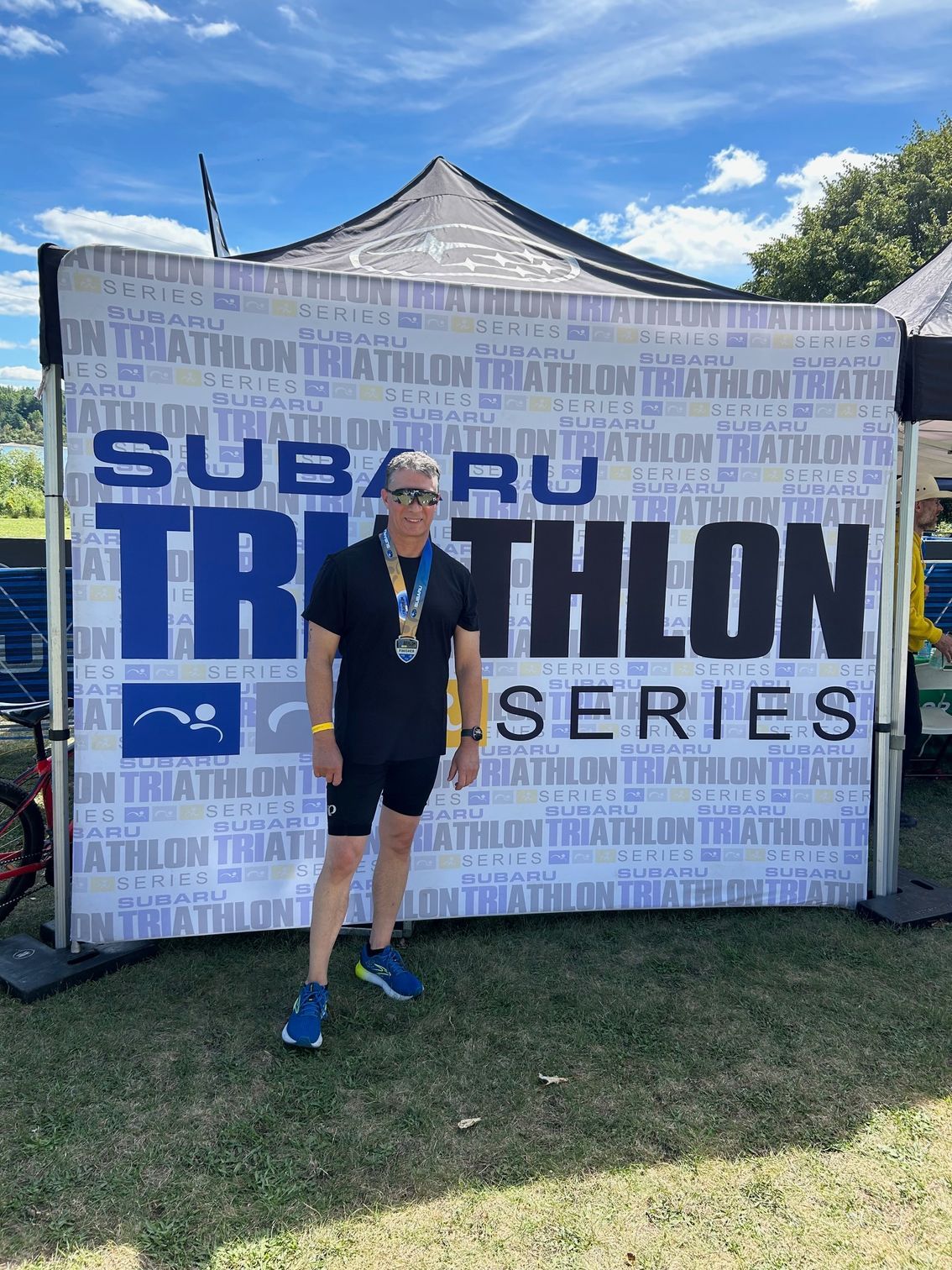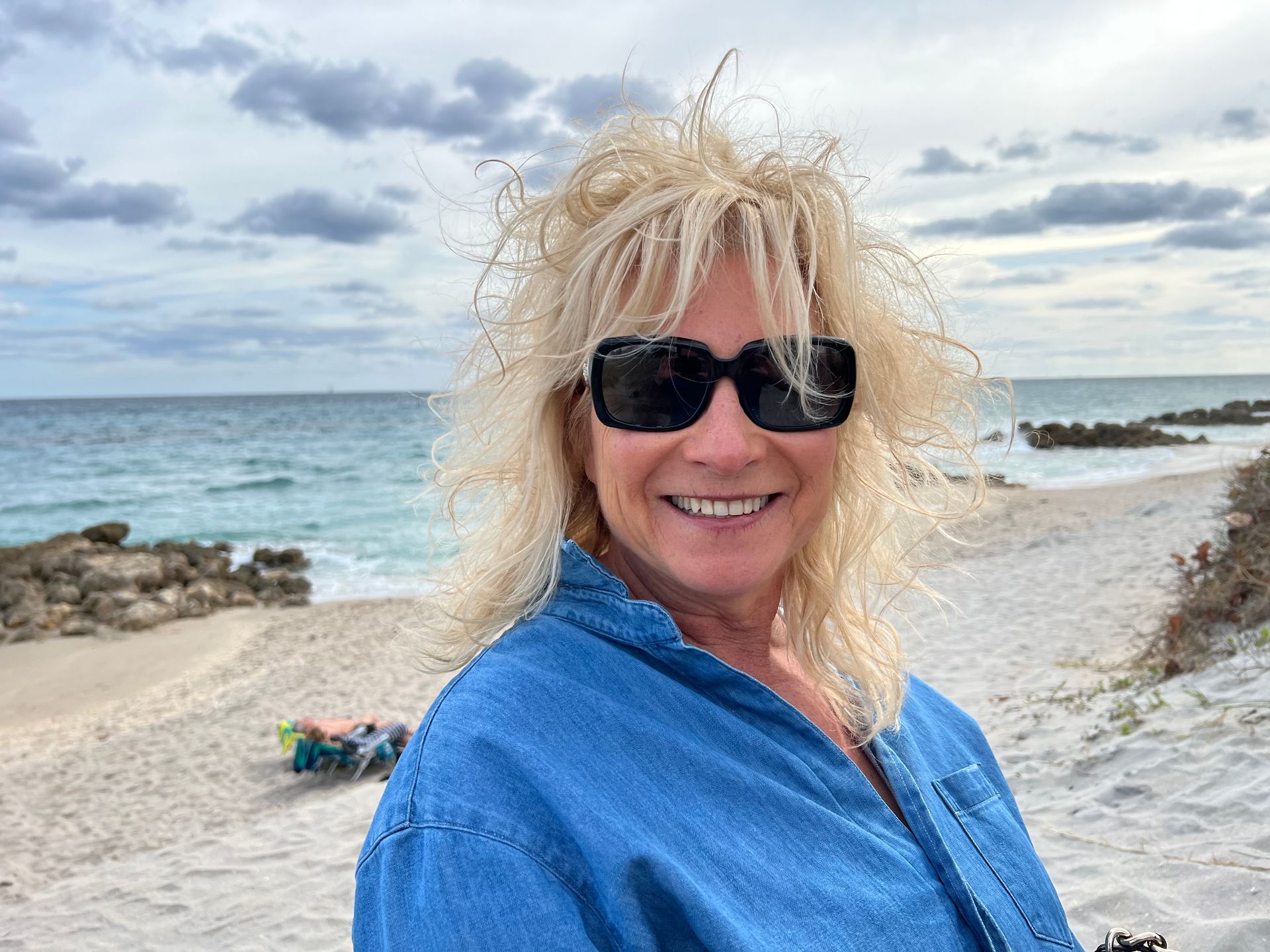Becoming Insulin Sensitive
Understanding Insulin
When we eat food the pancreas releases insulin. The function of insulin is to regulate glucose (sugar) in the blood from the foods we eat. As we eat food and it breaks down into sugar, insulin acts like a shuttle. It helps glucose enter the body's cells to be used for energy. If all the glucose is not needed for energy, some of it is stored in fat cells and in the liver as glycogen. As sugar moves from the blood to the cells, the blood glucose level returns to a normal between-meal range. The more sugar pumping through our blood, the more insulin is needed to regulate it.
Insulin Resistant vs Insulin Sensitive
The continued release of insulin in response to the foods we eat, to balance blood sugar, ultimately leads to fat gain and insulin resistance. People with excess body fat tend to be insulin resistant whereas lean people tend to be insulin sensitive. Insulin resistance is when the body has to release more insulin to bring blood sugar levels down after consuming the same amount of carbohydrates, than if a body was insulin sensitive.
Metabolic Symptoms of Insulin Resistance:
- Sugar cravings.
- Waking between 11pm and 1am.
- Feeling hungry after a big meal.
- Severe fatigue.
- Depression.
- Atherosclerosis
Physical Symptom of Insulin Resistance:
- Fat stored in the upper back and love handles.
- Tough or ‘marbling’ of the skin.
- Eyes with dark circles.
- Loss of muscle mass or difficulty putting on muscle.
- Reaching muscle fatigue faster during exercise.
Becoming insulin resistant is a precursor to developing type 1 diabetes which is when our pancreas makes no or very little insulin. Therefore the goal should be to become insulin sensitive by controlling lifestyle factors such as carbohydrate intake and activity levels. Controlling carbohydrate intake is more than just decreasing the amount of carbohydrates we eat. Whenever we remove a food that provides needed calories we should replace it with other foods.
When the goal is to improve insulin sensitivity, the nutritional strategy is to incorporate more protein and fat into the diet while decreasing carbohydrates (especially ones that raise the blood sugar fast). Fat and protein are two macronutrients that play a vital role in becoming more insulin sensitive, balancing blood sugar and burning more fat.
Carbohydrates
In order to better manage our insulin, we need to have better control over the amount and type of carbohydrates we eat. First let’s consider the type of carbohydrate - if you are insulin resistant, you want to avoid high glycemic carbohydrates like sugar, fruit or white flour and choose low glycemic foods like brown rice, squash or sweet potatoes. As for amounts, this will vary per individual based on body composition and activity levels. A leaner person that does regular vigorous exercise will be able to eat more carbohydrates. A person with excess body fat who is not exercising at all should eat much less.
Protein
People with a protein deficiency are at increased risk of becoming insulin resistant because they eat so many carbohydrates. If you wish to regulate insulin, decreasing carbohydrates while increasing protein is a smart way to go. An easy meal to consider modifying is breakfast because what you eat during the first meal of the day, sets the hormonal trend for the day. Eating a breakfast of high carbohydrates will signal the body to elevate blood sugar (glucose) all day therefore craving and eating more. Eating a protein rich breakfast on the other hand will keep blood sugar levels balanced and decrease the amount of insulin released.
Fat
Similar to protein, most people overeating carbohydrates are also not getting the proper amounts of healthy fats. As you decrease carbohydrates to become more insulin sensitive, you naturally decrease calories that your body was using for energy. Therefore, when decreasing carbohydrates we must increase the amount of fat to provide us with the calories to sustain energy during the day. Simply eating protein by itself will not provide us with the energy we need and will result in us reaching for carbohydrates for energy (and most likely the wrong kind of carbohydrate).
Summing it Up
For most people, carbohydrates provide most of our needed calories and when we decrease carbohydrates too much we potentially end up with the problem of undereating (undernourishment). Therefore we must remember to replace them with other foods that are high in protein and healthy fats. Starting the day with a breakfast high in protein (ie: ground turkey) and healthy fat (ie: avocado) is a great way to set the blood sugar for the day as well as provide fuel for energy and focus. Eating a high carbohydrate breakfast (ie: bread, bagel, cereal, oatmeal) is a sure way to cause tiredness, a lack of focus and perpetuate or create insulin resistance.
The more active and leaner you are the more you can tolerate carbohydrates into the diet. Pairing your carbohydrates with intense exercise is one of the best ways to manage insulin and live a lean lifestyle. As you improve your insulin sensitivity and lose body fat, you can slowly start to increase the carbohydrates you eat.
If you would like to learn more about how to improve your insulin sensitivity, blood sugar and fat metabolism check out our Transformation Health Coaching program.
To download the PDF for this article click HERE.

